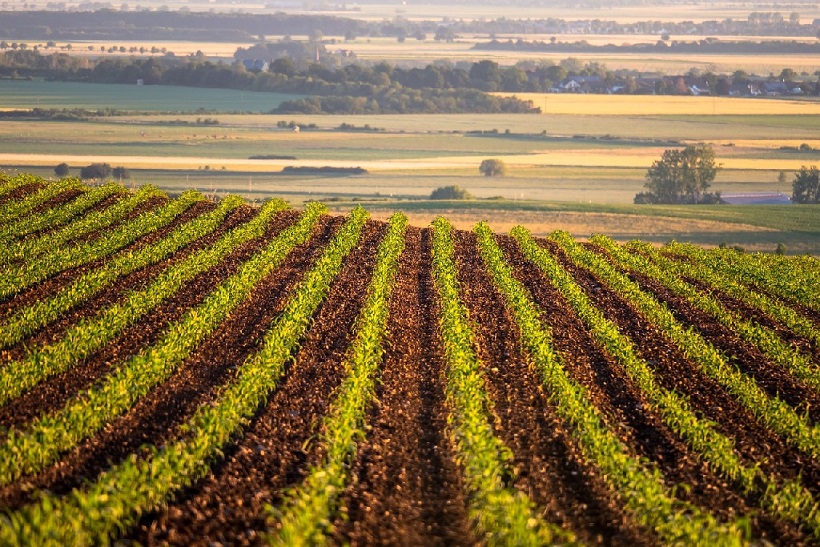Walmart, General Mills Launch 600,000 Acre Regenerative Agriculture Partnership

General Mills, Walmart and Sam’s Club announced a collaboration today to help accelerate the adoption of regenerative agriculture on 600,000 acres in the U.S. by 2030. This represents the approximate number of acres General Mills uses to source key ingredients for its products sold through the retailers.
Regenerative agriculture practices are aimed at addressing the environmentalEnvironmental criteria consider how a company performs as a steward of nature. More impact of the sector, and include techniques to improve and restore ecosystems, build soil health and fertility, reduce emissions, enhance watershed management, increase biodiversity, and improve farmers’ livelihoods.
Agriculture has emerged as a major focus area for climate action, as the sector accounts for a significant proportion of GHG emissions, and is among the most difficult areas to address climate impact. The sector contributes a significant proportion of the climate impact of the food and beverage sector, which in turn accounts for approximately a third of global GHG emissions.
According to the companies, the goal of the new initiative is to support the transition to regenerative agriculture production in the Northern and Southern Great Plains through systems change and elevate the potential for more resilient yields for farmers through efforts that will help improve soil health, watersheds, biodiversity, climate change and farmer economic resilience.
The project puts General Mills on pace to exceed its goal to advance the adoption of regenerative agriculture on one million acres by 2030, as well as contributing to Walmart’s goal to protect, more sustainably manage or restore at least 50 million acres of land by 2030.
Jon Nudi, Group President, North America Retail at General Mills said:
“Through this partnership, we will work hand-in-hand with Walmart and Sam’s Club to help regenerate the acres of land in the key regions where we source ingredients for our shared business. We are excited by the opportunity to bring our products to Walmart shelves more sustainably, with the help of our merchants and farmer partners.”
Initial projects of the program will provide grants for financial assistance to local organizations to build out education and coaching resources to help accelerate regenerative agriculture across a variety of crops, including wheat. The grants will be administered by the National Fish and Wildlife Foundation (NFWF).
Efforts will target seven U.S. states in the Northern and Southern Great Plains including North Dakota, South Dakota, Nebraska, Kansas, Oklahoma, Colorado and Minnesota, home of General Mills’ global headquarters.
John Laney, Executive Vice President, Food at Walmart U.S. said:
“This collaboration is an example of how we are working across our value chain on intentional interventions to help advance regenerative agriculture and ensure surety of supply for these essential food products for the long term.”